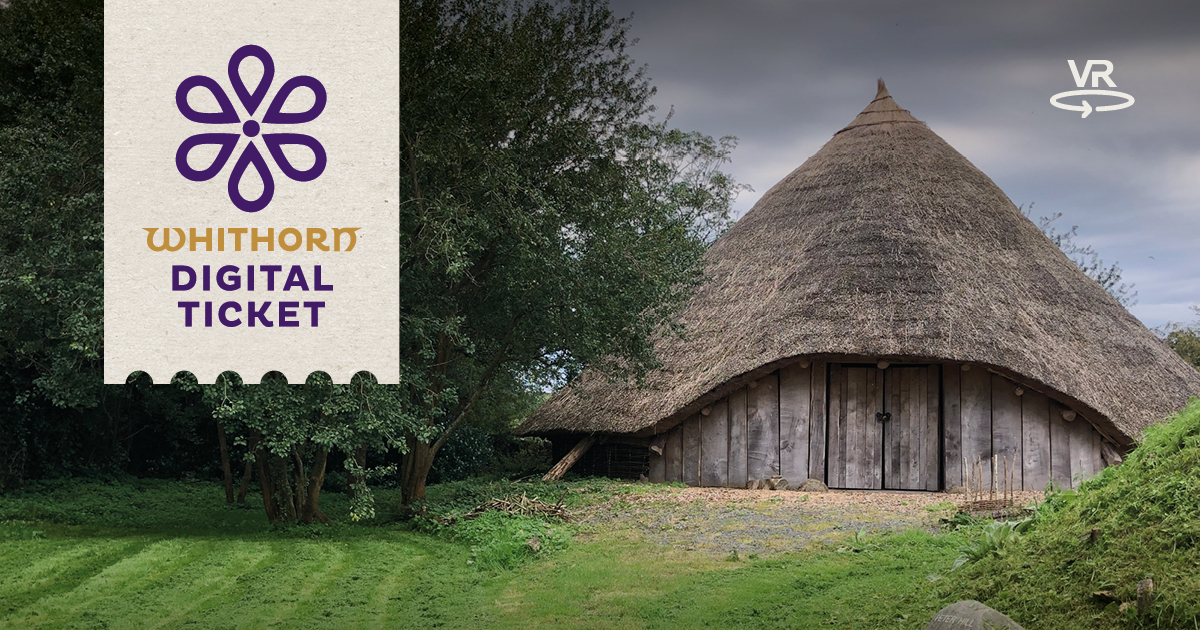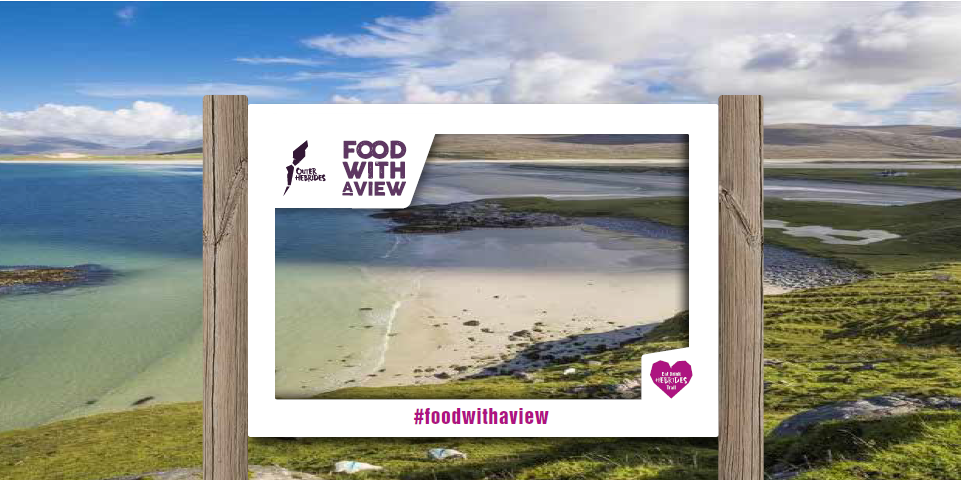Case Study
The Annandale Distillery Limited

Partners
Glasgow Caledonian University
University of Dundee
University of Glasgow
Sectors
Food & Drink, Agritech and Aquaculture
Tourism and Leisure
Regions
Dumfries & Galloway
Whisky making is a long established industry normally associated with the distilleries spread around the Highlands of Scotland, but a local entrepreneur in Dumfries & Galloway has set his sights on breathing fresh life into a distillery which was last in use nearly 90 years ago.
David Thomson and his wife purchased the long-derelict Annandale Distillery based in Lowlands, near Dumfries, which first opened in the 1830’s and remained at the forefront of lowland whisky production until it closed in 1919. Now, almost 90 years later, a newly formed Annandale Distillery Company Limited is a step closer to restoring the historic distillery buildings to its former glory with its new whisky brand and an integral online visitor ‘experience’.
The Business Challenge
Financial assistance secured from Historic Scotland and The Scottish Government through a Regional Selective Assistance (RSA) grant initially helped to get the project off the ground, but of prime importance to David was academic help to undertake historical research pertaining to the locale of the distillery and the culture of its area. This would involve delving into areas such as the evolution and history of the lowland Scots language and emigration patterns from the region.
All this research was central to the brand ethos that he plans to develop and is also important in the context of developing a memorable online visitor experience.
Understanding David’s ‘day job’ was key to sourcing the level of high quality research he required. He is founder and CEO of MMR Research, one of Europe’s largest, independent consumer research businesses. Additionally, he is visiting Professor in the Department of Food Biosciences at University of Reading, UK, where key interests include sensory branding and the development of understanding consumers’ choice behavior.
The Solution
With his knowledge, David identified Interface – The knowledge connection for business, as an excellent source to tap into, partly because the team can access academics with key knowledge pertinent to his project and partly because in David’s own words ‘as well as the quality of whisky, it is important that the brand has some meaning and value’.
Interface rapidly understood and immediately grasped the key elements of David’s requirement and arranged collaboration with three academics specialising in quite distinct areas that would support his aims. The key was to convey much of the evolution and history of the lowland Scots language and written in a style which, in David’s words, had to be light and witty, but also comprehensive and credible, with the scope to offer further enhancement and development.
Interface put him in touch with renowned linguist, John Corbett, Professor of Applied Language Studies at the University of Glasgow with specialism in Scots language studies. Professor Corbett wrote on the development of the Lowland Scots language and used the language to add descriptions of historical whisky and whisky-related events.
Interface also brokered collaboration with Dr Billy Kenefick, a lecturer in modern Scottish and British history at the University of Dundee, who looked at the history of the area and its migration patterns to other regions throughout the world. This is of particular importance to David, since the Single Malt Lowland Scotch whisky produced at the Annandale Distillery will be sold globally (either through the website or an international network of drinks distributors) and he has identified that a key target will be consumers around the world with Scots heritage and ancestry.
By populating the website with historical facts and figures around the history of emigrant Scots, these consumers could relate to their forefathers migration to the colonies such as Australia, New Zealand, Canada, USA and South Africa. Indeed, the migration from the borders was of special significance, since David’s home town of Annan was a significant emigration port in the 1700s and 1800s, either offering direct sailings to the colonies or as a ‘feeder service’ to larger vessels bound from Liverpool.
The third academic Interface brokered a partnership for was through Dr Malcolm Lochead, a fellow in design, based at Glasgow Caledonian University who contributed to the initial ideas on brand design and development and is designing a signature plaid for the distillery.
“I am so grateful to Interface for bringing together this resource of extraordinary academic talent. Each project has its own challenges and the information and research has been pivotal to keeping the developmental phase on track. I was intrigued to see if the academic teams were up to the demands of the task, and so far I have been very impressed. Trying to lay my hands on all this information myself, would have taken me a significant amount of time, but the Interface team pulled out all the stops to surpass my expectations.”


